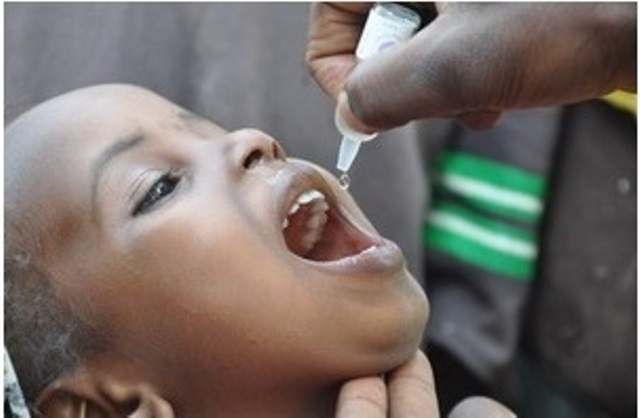- Immunization is giving medicine to protect the body against certain diseases.
- Protecting the body makes the body resistant to particular diseases.
- The medicine is given in the form of a vaccine.
- The vaccine helps the body to fight and kill the germs causing diseases.
- The action of giving a vaccine is called vaccination.
- Vaccination can be administered by injections.
- Injection is introducing the vaccine into the body by using a needle mounted on a syringe.
- When a vaccine is given through the mouth we call this oral vaccination.

An immunization schedule shows disease the vaccine and the age at vaccination
In this topic, we have learned that:
Immunization is giving medicine to protect the body against certain diseases
The immunization schedule shows disease the vaccine and age at vaccination.
N/B Nutritional diseases
1. Which of the following sets of diseases can be prevented by vaccination?
A. Bilharzia, whooping cough, measles.
B. Polio, whooping cough, measles.
C. Polio, malaria, dysentery.
D. Bilharzia, malaria, dysentery.
2. Drugs to protect a person from diseases are called
A. Vaccines B. Curatives C. Stimulants D. Herbal extracts